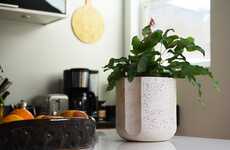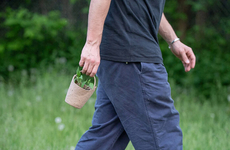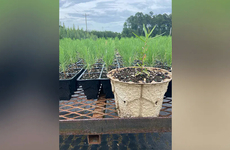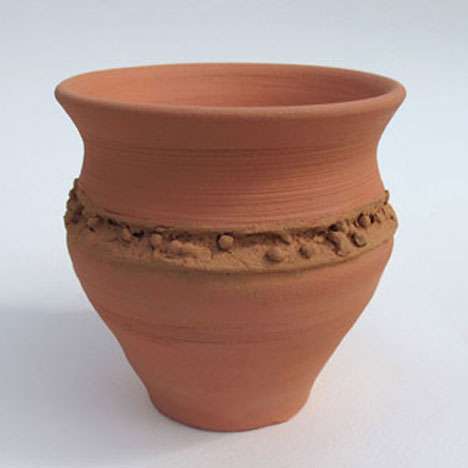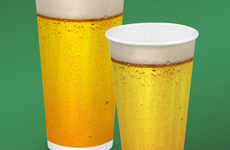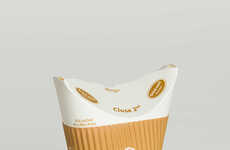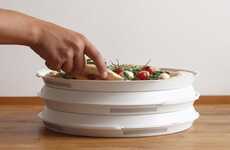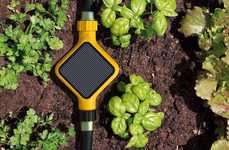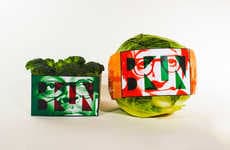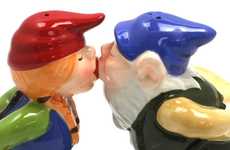
Pi Ke Puht Cups Cut Down on Plastic Waste and Make Landfills Greener
Michael Hines — November 24, 2011 — Eco
References: sianpascale.blogspot & dezeen
Sian Pascale is a French artist behind the awesome and thought-provoking Pi Ke Puht cups. Pi Ke Puht cups are disposable clay cups with seeds implanted in them. The cups are designed to grow plants after they have been disposed of and the clay has broken down.
The Pi Ke Puht cups were inspired by the disposable terracotta cups formerly used in India. The cups would be used in the same way as plastic cups are now, and would commonly be thrown directly onto the ground after use. Fun fact: Pi Ke means "to drink" and "Puht" is the sound the cup makes when smashed on the ground. Here's hoping that awesome art pieces like this inspire companies to make more eco-friendly disposable products. If companies could help turn landfills into gardens, the world would be a much better place.
The Pi Ke Puht cups were inspired by the disposable terracotta cups formerly used in India. The cups would be used in the same way as plastic cups are now, and would commonly be thrown directly onto the ground after use. Fun fact: Pi Ke means "to drink" and "Puht" is the sound the cup makes when smashed on the ground. Here's hoping that awesome art pieces like this inspire companies to make more eco-friendly disposable products. If companies could help turn landfills into gardens, the world would be a much better place.
Trend Themes
1. Disposable Plantable Products - The trend of creating disposable products that can be planted and grown after use creates an opportunity for businesses to create more eco-friendly alternatives to traditional non-biodegradable products.
2. Terracotta-inspired Design - The trend of using traditional or cultural designs as inspiration for eco-friendly products could disrupt the market and meet the desire for more sustainable options.
3. Circular Economy Solutions - The trend of designing products that can be repurposed or composted after use could create opportunities for businesses to create more sustainable products and contribute to a circular economy.
Industry Implications
1. Foodservice Industry - The foodservice industry could benefit from the trend of disposable plantable products, as it can provide eco-friendly alternatives to traditional disposable products like plates and utensils.
2. Home Gardening Industry - The home gardening industry could benefit from the trend of terracotta-inspired design, as these eco-friendly products can provide a fun and sustainable way for consumers to grow plants at home.
3. Waste Management Industry - The waste management industry could benefit from circular economy solutions by creating systems and infrastructure that can efficiently compost and repurpose these eco-friendly products.
1.1
Score
Popularity
Activity
Freshness

